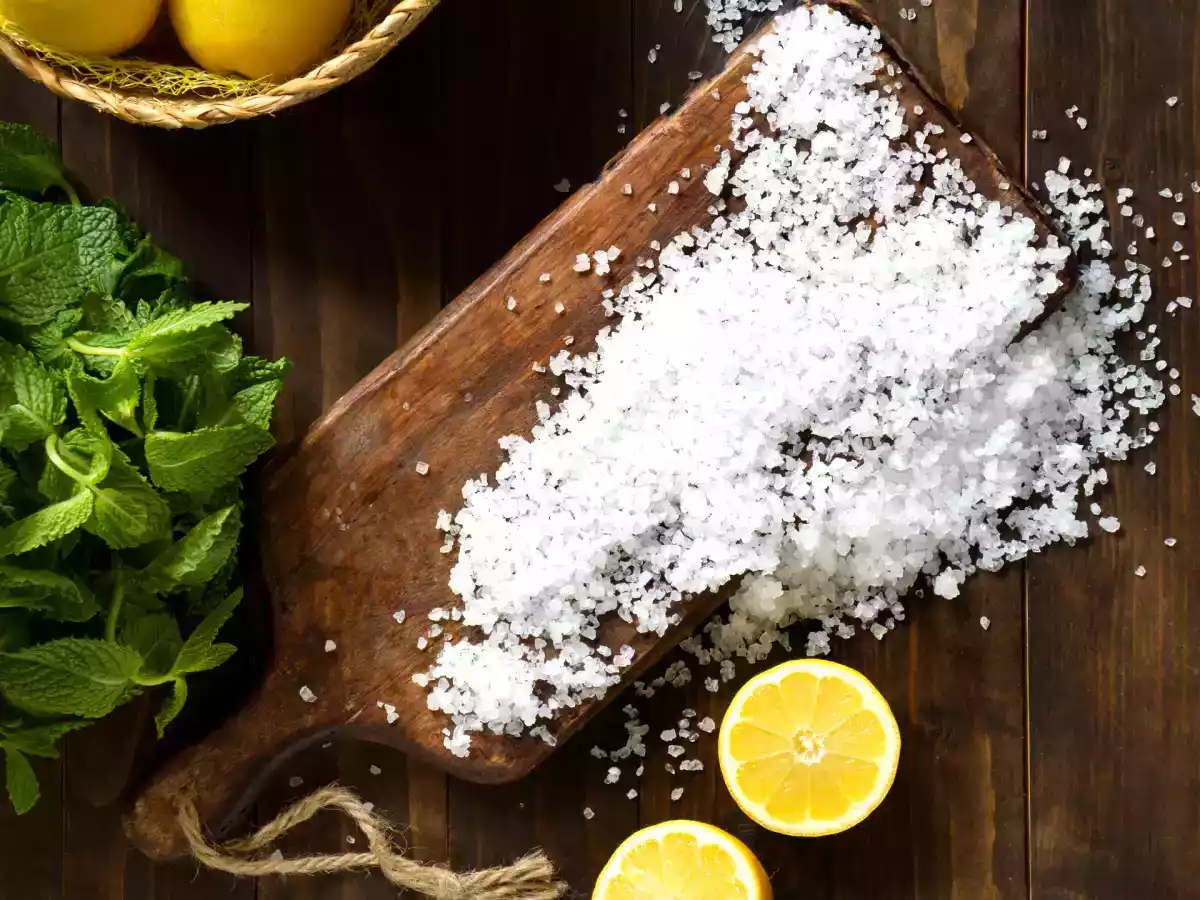The Dark Side of Salt: How much is too much and how to protect yourself from this silent enemy

We already know: excessive salt consumption is a silent enemy to our health. An essential condiment, but one that is responsible for more than 1.8 million deaths per year worldwide, according to the World Health Organization (WHO). Its excessive consumption in modern diets is directly linked to serious diseases such as high blood pressure, stroke, heart failure and kidney damage.
Despite recommendations, salt abuse remains a public health problem. Most people consume more than twice the recommended daily sodium intake, often without knowing it. This overexposure comes mostly from the consumption of processed and ultra-processed foods that mask alarming amounts of sodium. Hidden salt is therefore a silent enemy, so let's unmask it together and see how to find a balance between need and risk and, above all, what alternatives do we have to enjoy its taste without endangering our health?
Salt: Friend or foe?
Salt is essential for life. Salt doesn't just provide flavor: without it, we literally could not live. Our bodies need sodium for vital functions such as maintaining fluid balance, transmitting nerve impulses and contracting muscles.
However, when the recommended limits are exceeded, the effects of salt become dangerous. Sodium abuse is directly related to serious diseases such as high blood pressure, cardiovascular disease, osteoporosis, gastric cancer and kidney failure.
Hidden salt: The real enemy
The most alarming problem in our relationship with salt is its invisible consumption. According to the WHO, 80% of the salt we ingest does not come from the salt shaker, but from processed and ultra-processed foods. Products that are designed to hook our palate and not be able to stop eating them: industrial sausages (with very high levels of sugar and sodium), concentrated soups and broths, salty snacks, convenience foods, pastries, etc. Most of these products far exceed optimal sodium levels. In fact, most of them contain monosodium glutamate, an additive present in many of these foods that contributes to increase the amount of sodium in our diets almost imperceptibly.
Is salt fattening? An uncomfortable truth
Although salt does not contribute calories per se, its high consumption is related to weight gain. How is that possible? Because eating too much salt stimulates appetite, which leads to consuming more food than necessary. Therefore, by reducing the use of salt in meals, we could not only improve our health, but also better control our weight.
Healthy alternatives: Tasty food without salt is possible!
Reducing salt intake doesn't mean giving up flavor. Here are some strategies and substitutes that can transform your dishes:
- Spices and aromatic herbs: Pepper, oregano, rosemary, garlic and basil not only boost flavor, but also have antioxidant and anti-inflammatory properties.
- Lemon juice or vinegar: They add an acidic touch that enhances the natural flavors of food.
- Low-sodium salt substitutes: Some blends replace part of the sodium with potassium, which can be beneficial for those who need to control their blood pressure.
- Homemade broth: Preparing your own soup and stew bases allows you to control sodium levels.
- Iodized salt: If you decide to use iodized salt, opt for this version, which in addition to being economical, provides essential iodine to prevent thyroid disease.
How to reduce salt consumption easily
Changing habits can be complicated, but not impossible. Experts recommend:
- Cook more at home: This gives you total control over ingredients.
- Read labels: Look for foods with less than 1.5 grams of salt per 100 grams of product.
- Remove the salt shaker from the table: It is a simple gesture that can significantly reduce daily consumption.
- Try new flavors: The palate can be educated; so, getting used to eating less and less salty dishes will be possible if we do it gradually. This will allow you to rediscover the authentic taste of food.
Remember: your body needs salt, but in the right measure.


Comments